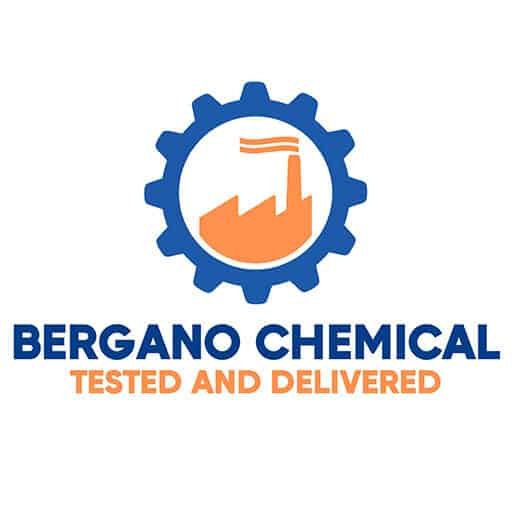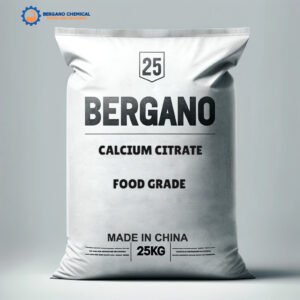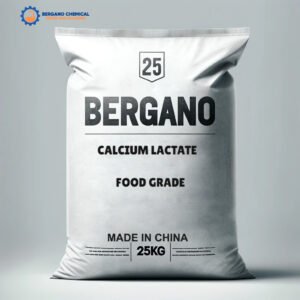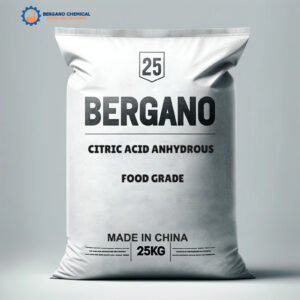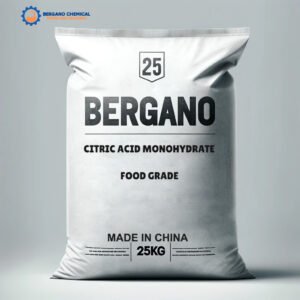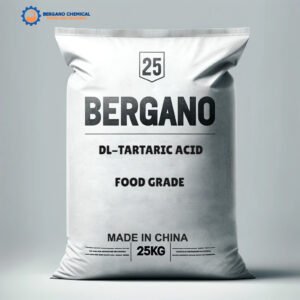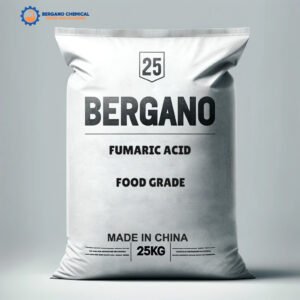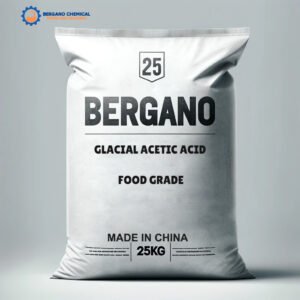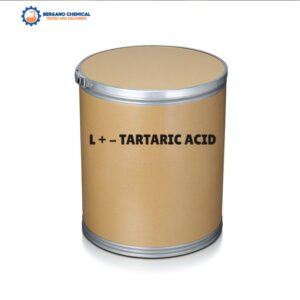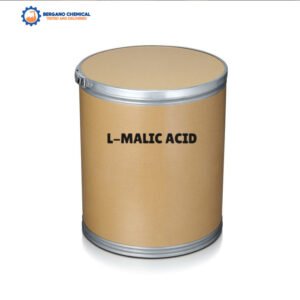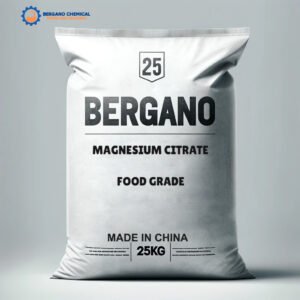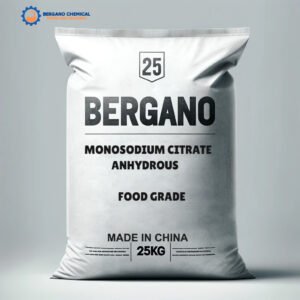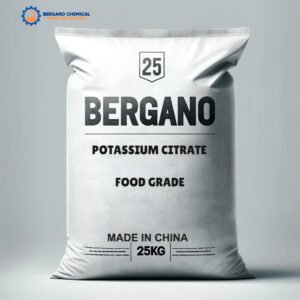

Category: Food Acidulants
-
Calcium Citrate CAS:813-94-5
Read more -
Calcium Lactate CAS:28305-25-1
Read more -
Citric Acid Anhydrous CAS:77-92-9
Read more -
Citric Acid Monohydrate CAS:5949-29-1
Read more -
DL-Tartaric Acid CAS:133-37-9
Read more -
Fumaric Acid CAS:110-17-8
Read more -
Glacial Acetic Acid CAS:64-19-7
Read more -
L – Tartaric Acid CAS:87-69-4
Read more -
L-Malic Acid CAS:97-67-6
Read more -
Magnesium Citrate CAS:7779-25-1
Read more -
Monosodium Citrate Anhydrous CAS:18996-35-5
Read more -
Potassium Citrate CAS:6100-05-6
Read more
Description of Food Acidulant Classification
Food acidulants are classified into various types based on their origin, chemical composition, and application in the food industry. This classification helps in understanding their distinct characteristics and appropriate uses in different food products.
- Natural Acidulants: Derived from organic sources like fruits and fermentation processes, natural acidulants such as citric acid, lactic acid, and malic acid are favored for their clean label appeal and compatibility with health-conscious consumer trends. They are typically used in products where a natural origin is preferred or required.
- Synthetic Acidulants: Manufactured through chemical processes, synthetic acidulants like phosphoric acid and acetic acid provide consistent quality and stability. They are cost-effective and widely used in processed foods, soft drinks, and other products where natural origin is not a primary concern.
- Specialty Acidulants: This category includes acidulants designed for specific applications or possessing unique properties, like buffering capacity or specific flavor profiles. Examples include tartaric acid, used in wine making, and fumaric acid, used in dry food applications.
Understanding these classifications is essential for food manufacturers and product developers to select the right type of acidulant that meets the desired taste profile, quality standards, and regulatory requirements. It also aids consumers in making informed choices about the foods they consume.
Introduction
Food acidulants play a crucial role in the food industry, enhancing flavor, preserving freshness, and maintaining product stability. These ingredients, ranging from natural acids to synthetic options, are pivotal in creating the taste profiles and textures that consumers love while ensuring food safety and quality.
Types of Food Acidulants
- Natural Acidulants: Natural acids, such as citric acid (found in citrus fruits) and lactic acid (produced by fermenting sugars), are favored for their organic origins and are widely used in beverages, dairy products, and confectioneries. Their ability to add a fresh, tart flavor makes them a popular choice in natural and health-focused food products.
- Synthetic Acidulants: Synthetic acidulants, like phosphoric acid and acetic acid, are often employed for more consistent acid levels and longer shelf life. Common in carbonated beverages and processed foods, these acidulants offer a cost-effective and stable alternative to natural acids.
Applications in Food Industry
- Flavor Enhancement: Acidulants are key in balancing and enhancing the flavor profile of foods, from sharpening the tanginess in candies to providing the right level of sourness in savory dishes.
- Preservation and Stability: Beyond flavor, acidulants play a vital role in preserving food by preventing bacterial growth and maintaining the desired texture and consistency over time.
- pH Regulation: Controlling the pH level of foods is essential for safety and quality, and acidulants are crucial in achieving the desired acidity or alkalinity in various food products.
Health and Safety Standards
- Regulatory Compliance: The use of food acidulants is strictly regulated to ensure consumer safety. This includes adherence to permissible levels, appropriate labeling, and ensuring that they are free from contaminants.
- Consumer Health Considerations: While food acidulants are generally safe, concerns around overconsumption and potential allergies are addressed by providing transparent information and following regulatory guidelines.
Conclusion
Food acidulants are indispensable in the modern food industry, significantly influencing taste, safety, and quality. Their careful selection and application reflect the industry’s commitment to delivering enjoyable and safe food experiences.
Explore
Contact
- Weifang, Shandong, China
- info@berganochem.com
- +86 156 501 72320
© Copyright 2022 by Bergano Chemical Co., Ltd

